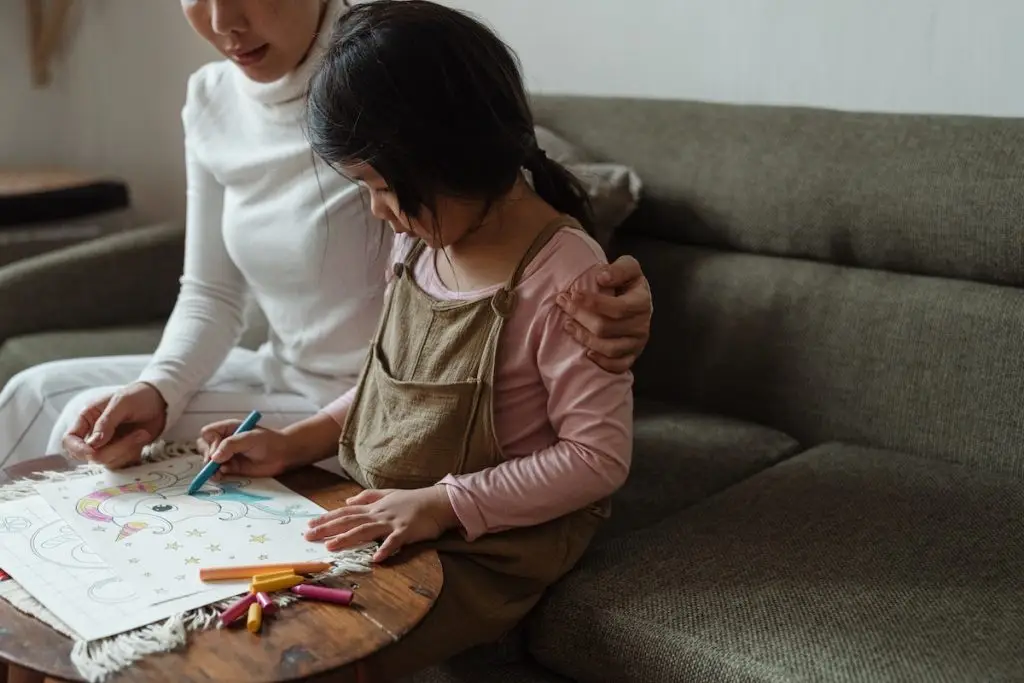
Introduction:
From the moment they enter this world, children possess an extraordinary capacity for learning, creativity, and boundless potential. The notion that every child is born a genius is an inspiring concept that has gained recognition in the field of child development. In this blog post, we will delve into the idea that each child possesses innate talents and explore ways to nurture and harness their genius.
The Innate Brilliance of Childhood:
Childhood is a time of wonder, exploration, and unfettered imagination. During this stage, children exhibit an innate curiosity and an eagerness to learn. They possess a natural ability to absorb knowledge effortlessly, assimilating information at an astonishing rate. Renowned physicist Albert Einstein once said, “Every child is born a genius, but the process of living tends to de-genius them.” It is essential to foster and preserve this genius throughout their developmental journey.
Recognizing Diverse Forms of Intelligence:
Intelligence manifests in various forms, extending far beyond traditional academic measurements. Harvard psychologist Howard Gardner introduced the theory of multiple intelligences, highlighting that children possess distinct aptitudes in areas such as logical-mathematical, linguistic, spatial, musical, bodily-kinesthetic, interpersonal, intrapersonal, and naturalistic domains. By understanding and embracing these diverse intelligences, we can provide children with opportunities to explore and excel in their areas of strength.
Nurturing the Genius Within:
To unlock a child’s genius, it is crucial to provide an environment that nurtures their unique talents and supports their intellectual, emotional, and social development. Here are some key approaches:
a) Encouraging Curiosity and Exploration: Foster a sense of wonder by encouraging children to ask questions, explore their surroundings, and seek answers. Provide them with stimulating materials, books, and interactive experiences that ignite their imagination.
b) Fostering Creativity and Innovation: Creative expression allows children to tap into their innate genius. Encourage activities such as drawing, painting, storytelling, music, and role-playing, which promote imaginative thinking and problem-solving skills.
c) Promoting Play-Based Learning: Play is the language of childhood. Engaging in open-ended play activities not only stimulates cognitive development but also enhances social and emotional skills. It encourages children to experiment, collaborate, and think critically.
d) Individualized Learning Approaches: Recognize that each child has unique strengths and learning styles. Tailor teaching methods to their specific needs, allowing them to flourish in their areas of interest while offering gentle guidance to explore new horizons.
The Role of Parents, Educators, and Society:
Parents, educators, and society at large play a significant role in cultivating a child’s genius. It is essential to provide a supportive, nurturing, and inclusive environment that encourages children to explore their potential without fear of failure. This involves:
a) Emphasizing Growth Mindset: Encourage children to embrace challenges, view failures as learning opportunities, and develop resilience. By cultivating a growth mindset, they will be more likely to persevere and overcome obstacles.
b) Celebrating Individuality: Avoid imposing a standardized definition of success on children. Instead, celebrate their unique strengths and help them develop a strong sense of self-worth. This fosters confidence and enables them to explore their passions.
c) Collaborative Learning: Promote a culture of collaboration, where children learn from and with their peers. Encourage teamwork, empathy, and respect for diverse perspectives, creating an environment that nurtures collective genius.
To further explore the concept of every child being born a genius and gain insights into nurturing their potential, this external reference provides valuable information:
Article: “Every child is born a Genius” and “The Natural Genius Of Children” discuss the importance of recognizing and nurturing a child’s natural abilities and offers practical tips to support children’s development.
Thanks for reading


